Some social situations can make us feel nervous. It might feel like butterflies in your stomach when you go on a date or presentation. Having a social anxiety disorder can bring about avoidance that disrupts your life. Your daily routine, school, work, or other activities may be affected by severe stress.
It is estimated that 12.1% of American adults have experienced a social anxiety disorder at least once in their lives. Social phobia affects more women than men.
The good news is that social anxiety disorder can be treated. Talking therapy, medications, and cognitive-behavioral therapy (CBT) are effective ways to treat symptoms.
Find out more about: Phobia and its types
What is social anxiety disorder?
Social anxiety disorder or social phobia, or, occurs when a person feels uncomfortable in social environments. Social phobia makes it difficult for the person to communicate with other people, meet new people, and attend social gatherings.
They don’t want to face being scrutinized or judged by others. Even they know the fear may be unreasonable or irrational, but the individual feels powerless to cope with it.
Shyness is different from social anxiety. Shyness is usually short-lived and does not interfere with one’s life. The symptoms of social anxiety are persistent and debilitating. People with a social anxiety disorder may find it difficult to:
- Work
- Attend school
- Or build close relationships with others
Anxiety and Depression Association of America (ADAA) states that an estimated 15 million American adults suffer from a social anxiety disorder. These symptoms usually appear around the age of 13.
Read: COVID Anxiety Syndrome
What are the different types of social anxiety?
There are three forms of social anxiety disorder: mild, moderate, and severe. The symptoms of social anxiety may only occur when a person is eating in front of others or performing in front of others, while for others, they can appear in a variety of social situations. Social anxiety is generally classified into the following levels:
- Mild social anxiety: The physical and psychological symptoms of social anxiety may be experienced by people who have mild social anxiety, but their ability to cope with social situations remains intact. Additionally, some people only experience symptoms under certain social circumstances.
- Moderate social anxiety: There are some types of social situations in which a person suffering from mild social anxiety may be able to participate in, but there are others in which they are unable to participate due to the symptoms of social anxiety.
- Extreme social anxiety: Social anxiety can cause panic attacks in people with extreme social anxiety. In order to avoid social situations as much as possible, people with extreme social anxiety usually avoid social situations altogether. Social anxiety symptoms may be present in a range of social situations or in all of them.
Whenever we face these types of situations, anticipatory anxiety is very common. Social anxiety can fluctuate throughout your life at different levels. You should seek treatment for social anxiety regardless of the type you have, since it negatively impacts your quality of life.
Difference between social anxiety disorder and shyness
Shyness is a normal part of life for anyone. In social anxiety disorder, you are consistently prevented from doing everyday activities such as shopping for groceries or talking to others. Consequently, social anxiety disorder can adversely impact your academic performance, career development, and personal relationships. There is no connection between being shy occasionally and these things.
Social anxiety and shyness can generally be distinguished by three factors:
- Its impact on your daily life.
- Anxiety and fear intensity.
- Your level of aversion to certain situations.
Because social anxiety disorders are seen as inherent personality traits, many people do not seek help or treatment. The more intense your symptoms are when you’re in social situations, the more it’s important to contact your healthcare professional.
Social anxiety disorder symptoms
The symptoms of social anxiety disorder are categorized into two social phobia symptoms. Physical symptoms of social interaction may include:
- Blushing
- Nausea
- Excessive sweating
- Trembling or shaking
- Difficulty speaking
- Dizziness or lightheadedness
- Rapid heartbeat
Some psychological symptoms may include:
- Intense worry about social situations
- Worrying about the event in advance
- Avoiding social situations or doing your best to blend in if you must attend
- Worrying about getting embarrassed in a social situation
- Worrying about getting noticed
- Drinking alcohol to cope with social situations
- Skipping school or work due to anxiety
Feeling anxious sometimes is normal. A person who suffers from a social phobia is constantly afraid of being humiliated in front of others or being judged by others. Symptoms of social anxiety may not occur in all situations, for example:
- Asking a question
- Job interviews
- Shopping
- Using public washroom
- Talking on the phone
- Eating in public
Social phobia symptoms do not occur in every situation. Anxiety can be limited or selective. Some symptoms may only appear when you talk with strangers or eat in front of others. In severe cases, you may experience symptoms in any social setting.
Also, check: Major Depression Disorder
What causes social anxiety disorder ?

Social phobia has no known cause. However, the majority of research suggests that genetics and environment are responsible. This disorder may also be influenced by negative experiences such as
- Bullying
- Family conflict
- Physical abuse
There may also be physical factors that contribute to this disorder such as serotonin imbalance. It is a chemical found in the brain that regulates mood.
In addition, these disorders may be related to an overactive amygdala (the brain structure that controls fear responses and feelings of anxiety).
Families can be affected by anxiety disorders. Scientists aren’t yet sure if these factors are genetic. If a child observes the habits of their anxiety-disordered parent, they may eventually develop an anxiety disorder of their own.
The environment where children grow up can also result in anxiety disorders.
Also, check: Side Effects of Overthinking
Diagnosing social anxiety disorder
Social anxiety disorder cannot be diagnosed with a medical test. A description of your symptoms will help your healthcare provider diagnose a social phobia. After examining certain behavioral patterns, they can also detect social phobia.
If your healthcare provider asks about your symptoms during your appointment, you should be prepared to provide a detailed description. The doctor will also ask you to describe the situations that caused the symptoms. The following are the social anxiety disorder criteria:
- A constant fear of humiliation or embarrassment in social situations
- Intense anxiety before social interactions
- Unreasonable fear of social situations
- Anxiety that effects daily life
Also, check another type of anxiety: Generalized Anxiety Disorder (GAD)
Social anxiety disorder treatment
There are several types of treatment for social anxiety disorder. The results of treatment vary from person to person. Some people require only one kind of treatment. In some cases, more than one type may be required.
You may need to seek mental health treatment from your healthcare provider. Social phobia symptoms may be treated with medication that’s prescribed by a primary care provider.
The following options are available for treating social anxiety:
Cognitive behavioral therapy
Therapists teach you how to recognize negative thoughts and replace them with positive ones, as well as how to relax and breathe.
Exposure therapy
This involves exposing yourself to social situations gradually rather than avoiding them.
Read: How to Calm Anxiety Attacks
Group therapy
This is a very helpful therapy in which you learn social skills and how to interact with the people around you. Group therapy may help you feel less alone by exposing you to others who have the same fears. In this activity, you will have the opportunity to practice your newly learned skills.
You can treat anxiety at home by:
Avoiding caffeine
Avoid foods that may increase anxiety such as soda, coffee and chocolate are stimulants.
Read: Stimulant Use Disorder
Sleep well
Make sure to get a minimum of eight hours of sleep per night. Sleep deprivation can affect anxiety and lead to social phobia symptoms.
If your anxiety or depression does not improve with lifestyle changes and therapy, your healthcare provider may prescribe medication. Social anxiety disorder cannot be cured by these medications.
However, they can make your symptoms better and make your daily life easier. You can expect your symptoms to improve after three months of taking medication.
Social anxiety disorder can be treated with Zoloft, Paxil and Effexor XR medications approved by the Food and Drug Administration (FDA). The dosage of your medication may be set at a low level to minimize side effects and gradually increase.
You may experience the following side effects:
- Insomnia (sleeplessness)
- Weight gain
- Upset stomach
Discuss your treatment options with your healthcare provider to determine whether it is right for you.
Recommended: Multiple Strategies To Control Overthinking
Complications
The effects of social anxiety disorder on your life can be devastating if left untreated. It can be difficult to work, go to school, keep relationships, or enjoy life when you are anxious. Symptoms of this disorder include:
- Low self-esteem
- Lack of assertiveness
- Negative self-talk
- Having a high threshold for criticism
- Poor social skills
- Social isolation and difficulty forming relationships
- Unsatisfactory academic and employment performance
- Abuse of substances, such as excessive alcohol consumption
- Suicide or attempts of suicide
Social anxiety disorder often occurs alongside other anxiety disorders and mental health disorders, such as major depression and substance abuse problems.
Prevention
The cause of anxiety disorder cannot be predicted, but there are steps you can take if you’re anxious to reduce the severity of symptoms:
- Get help early. If you wait to seek treatment for anxiety, you may have a harder time treating it.
- Keep a journal. Your mental health professional can use your personal life diary to identify what’s stressful for you and what seems to help.
- Prioritize your life. Time management and energy management can help you reduce anxiety. Don’t forget to do things you enjoy.
- Don’t use unhealthy substances. It can be worsened or caused by alcohol, drugs, caffeine, or nicotine use. There is a risk of anxiety associated with quitting any of these substances if you are addicted to them. Getting help from a treatment program or support group is a good idea if you cannot quit on your own.
Overview of social anxiety disorder
The ADAA states that most people with social anxiety do not seek treatment until they have lived with the symptoms for at least 10 years.
People with social anxiety may turn to drugs and alcohol in order to cope with the anxiety caused by social interaction. Without treatment, social anxiety can lead to high risks such as
There is a positive outlook for those who suffer from social anxiety. Many people suffering from anxiety can cope with their anxiety through therapy, medication, and lifestyle changes.
You don’t have to live with social phobia. You can feel calmer and more confident in social situations when you undergo psychotherapy and/or medication, but it may take weeks or months.
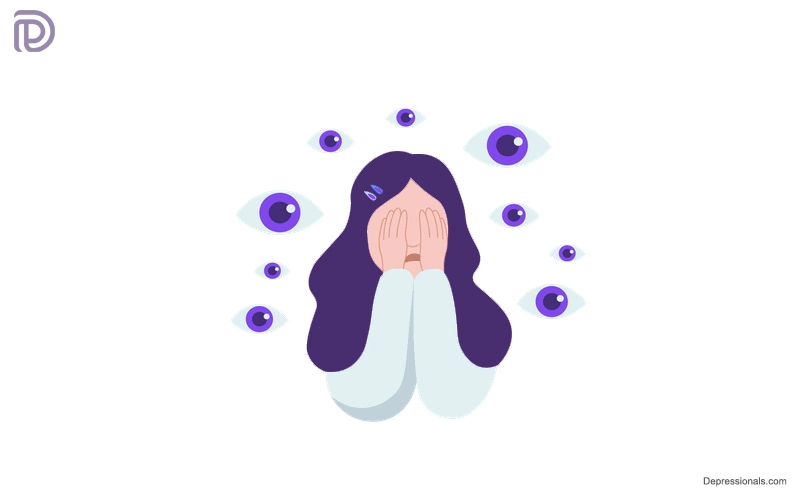
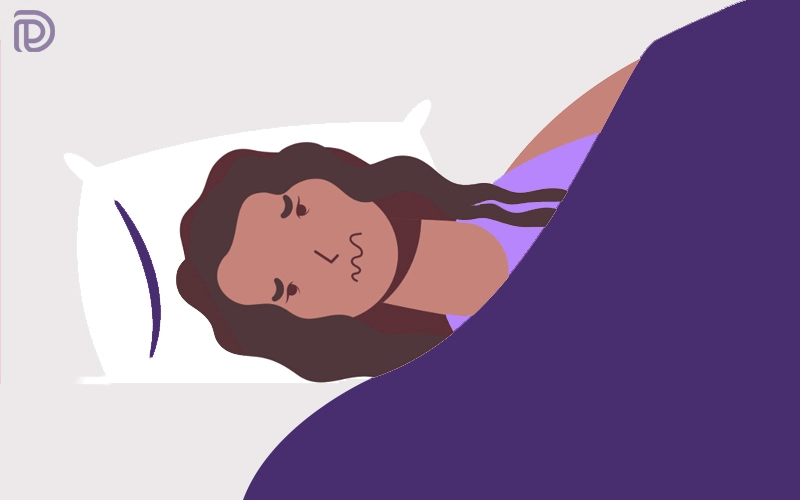
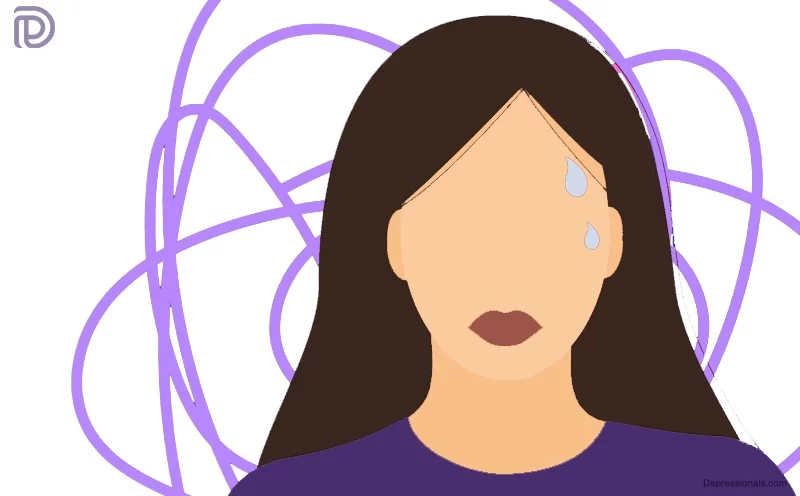
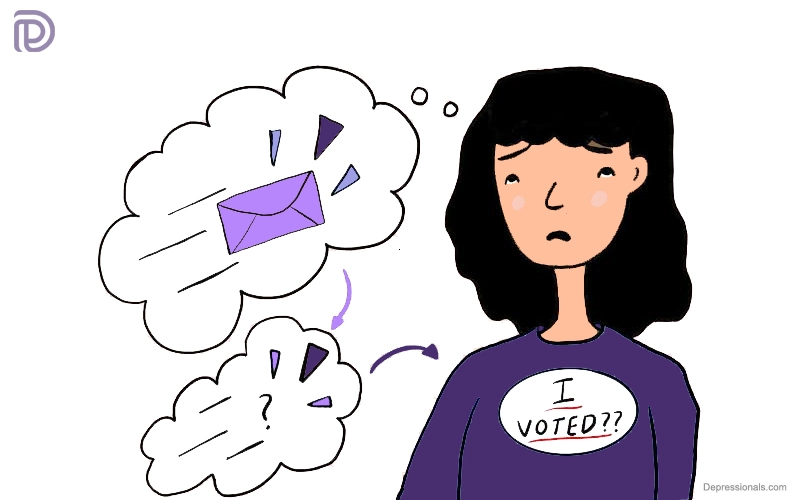
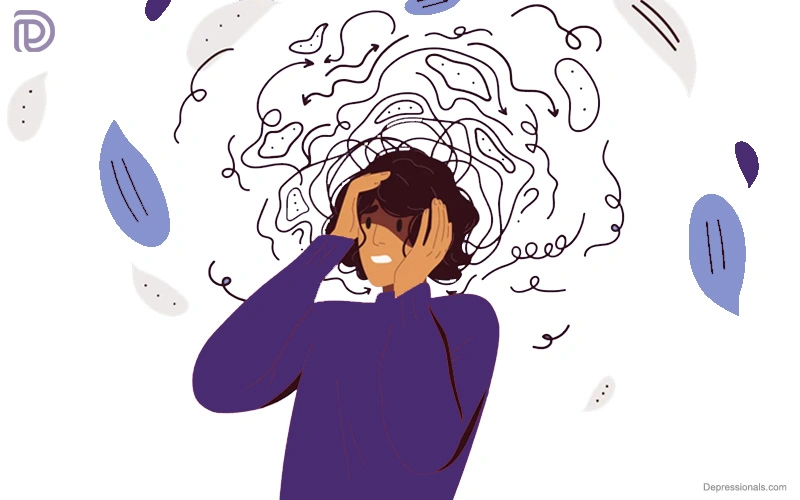

There is visibly a bunch to know about this. I suppose you made some good points in features also.
I’ve been surfing online more than 3 hours nowadays, yet I never discovered any fascinating article like yours. It’s lovely price enough for me. In my view, if all website owners and bloggers made excellent content material as you did, the net will probably be much more useful than ever before. “Dreams have as much influence as actions.” by Stephane Mallarme.
The information you have provided is very useful to me.